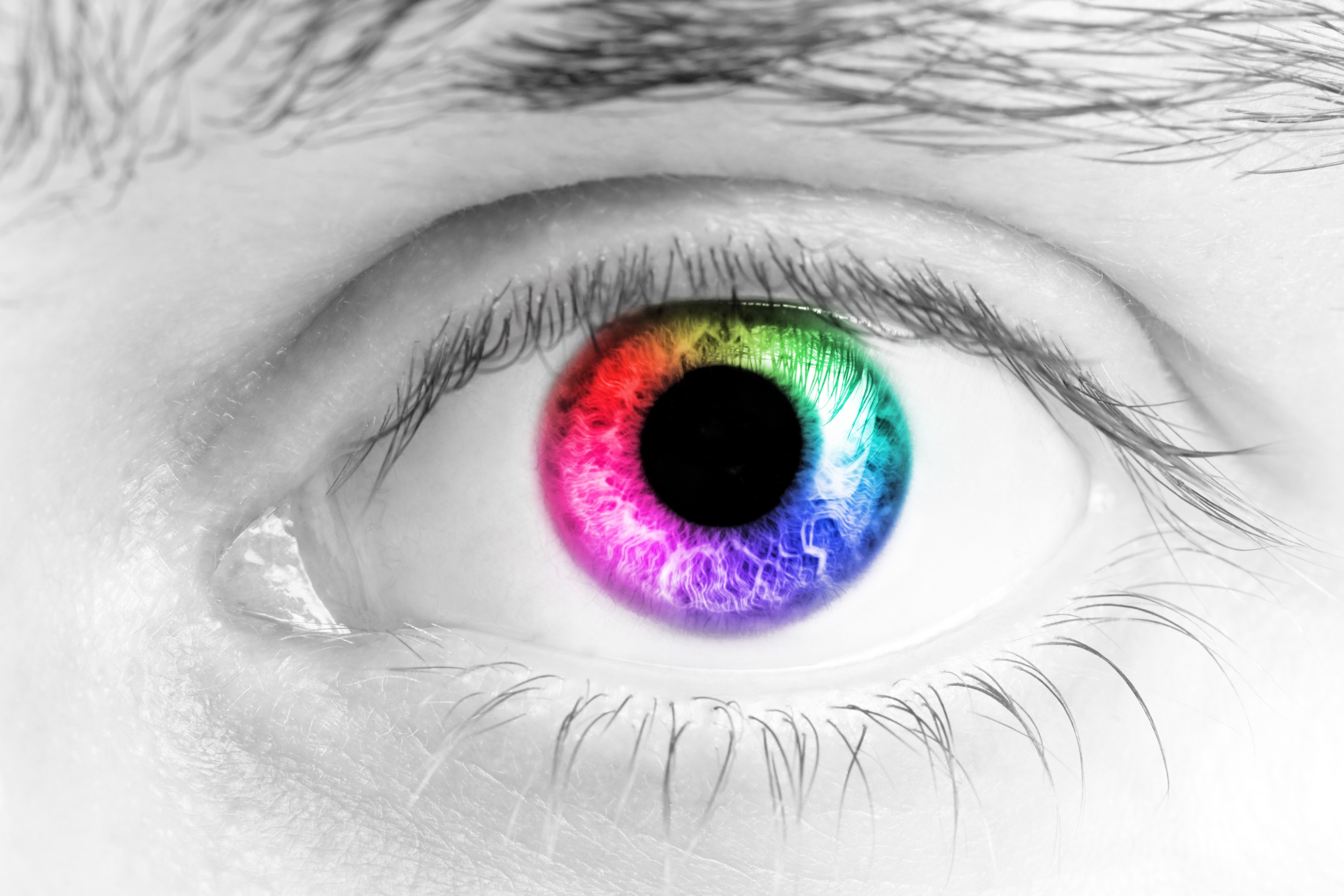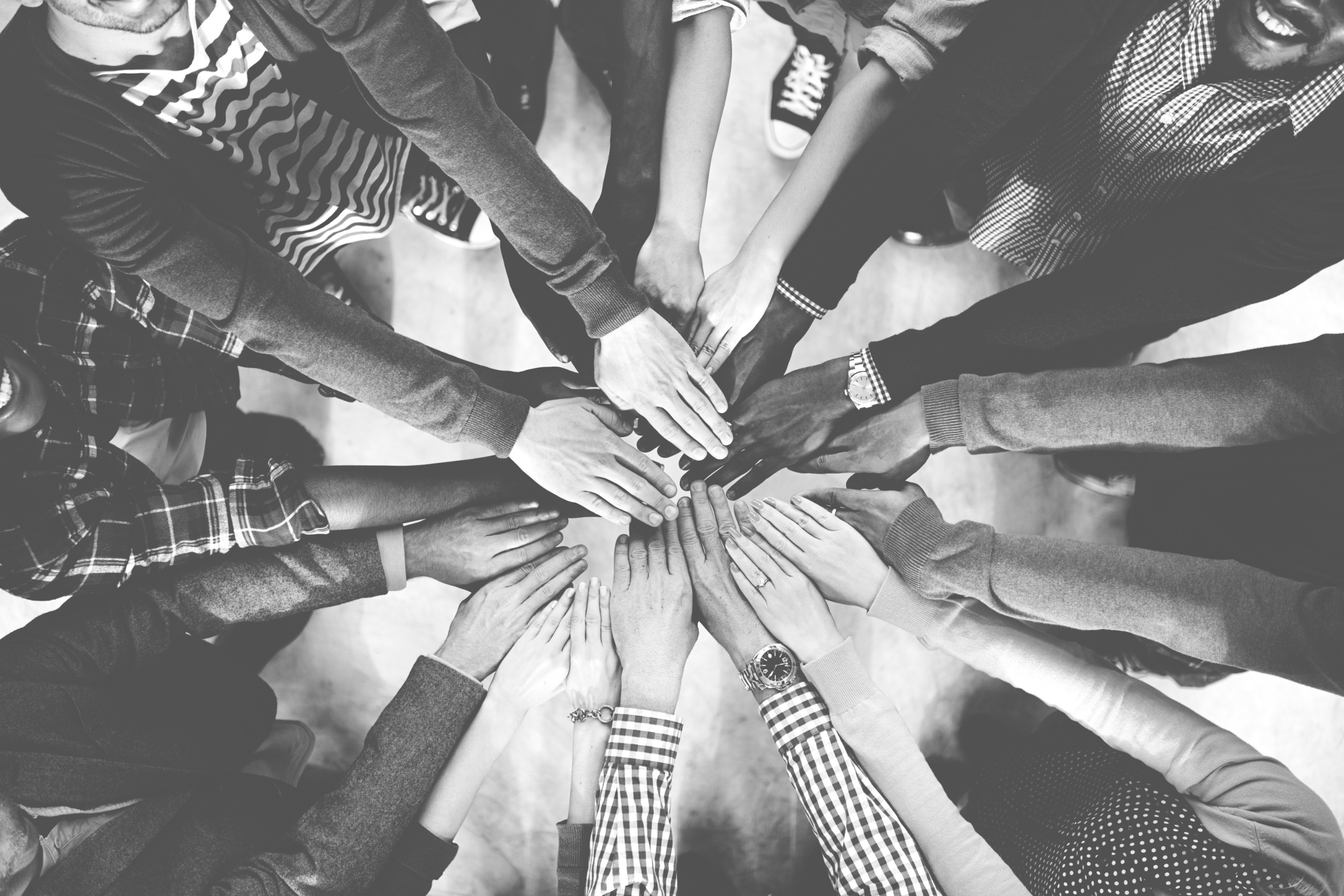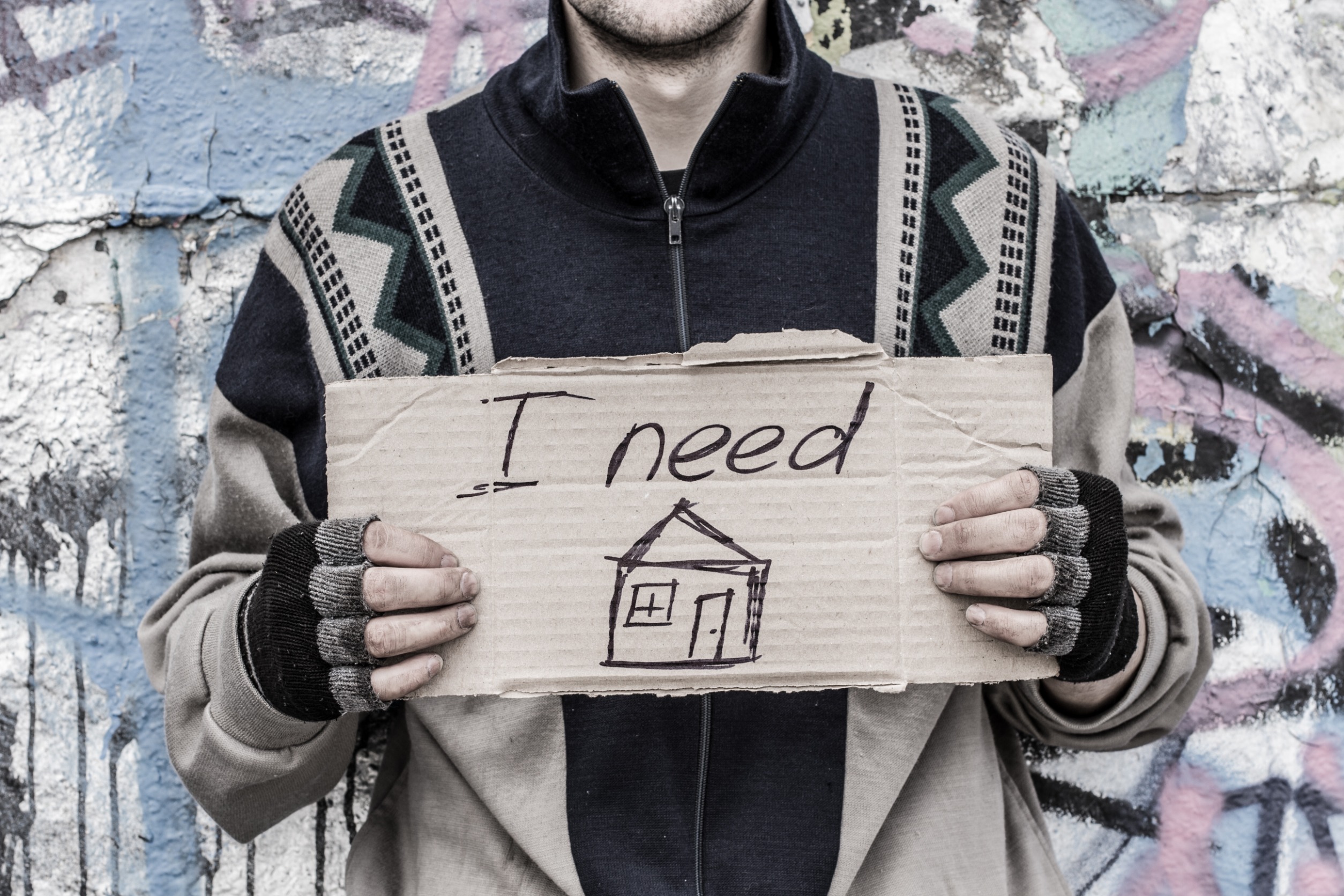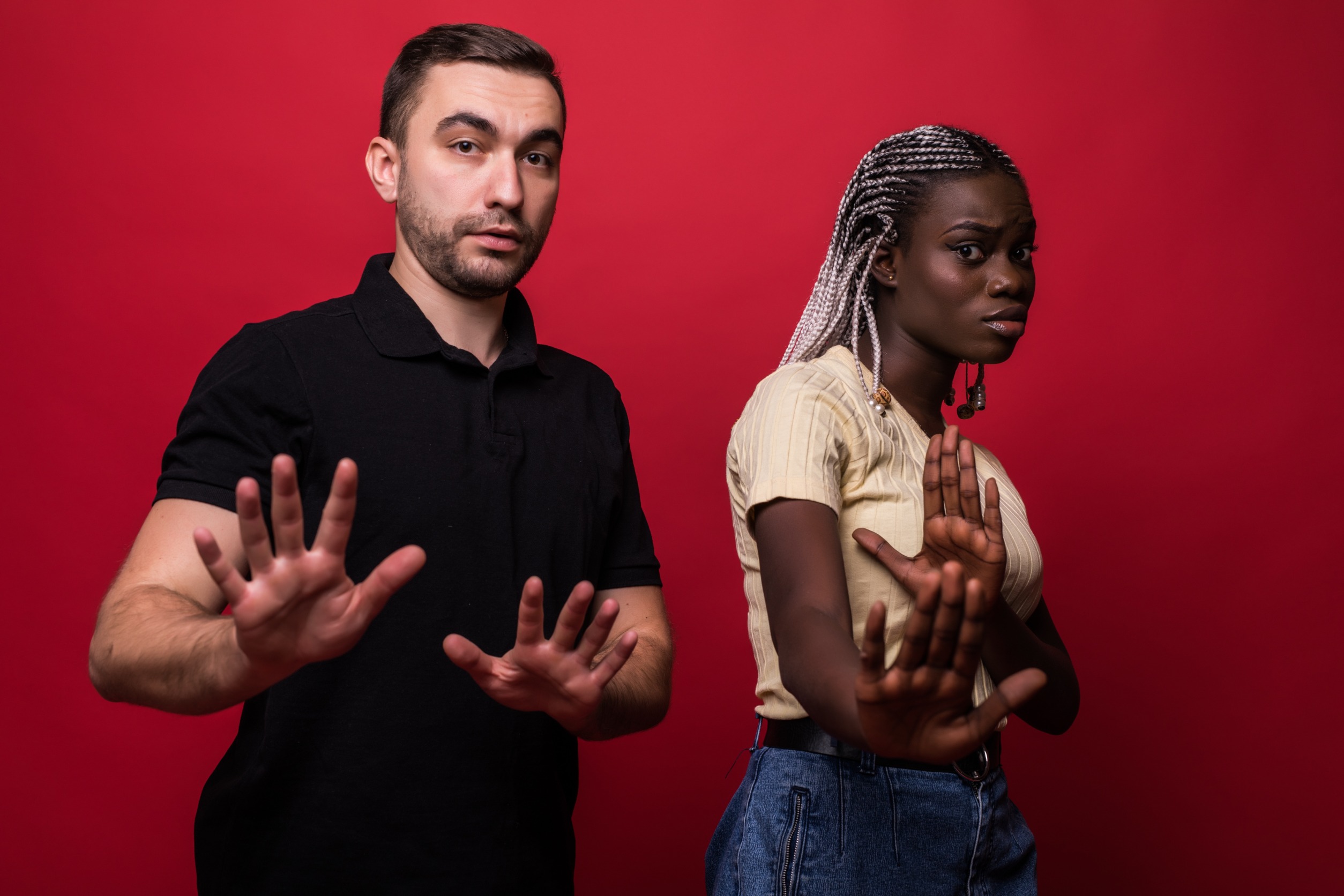
In today’s increasingly diverse and interconnected world, the language we use often carries deeper implications than we might realize. These 15 common expressions that, perhaps unintentionally, can reveal underlying assumptions of white privilege. These phrases, used in everyday conversation, may perpetuate certain biases and inequalities.
1. “I Don’t See Color”
Claiming colorblindness disregards the unique experiences and challenges faced by people of color. It implies a dismissal of racial identity and the systemic issues that come with it. Recognizing diversity and acknowledging racial differences is vital for true inclusivity.
This phrase, often intended to express equality, paradoxically negates the cultural and societal realities of racism. It’s crucial to see and appreciate differences, not ignore them.
2. “It’s Just a Joke”
Humor that trivializes racial experiences can be harmful. It often comes from a place of privilege, where one does not have to face the repercussions of such stereotyping.
Dismissing racially insensitive jokes as mere humor overlooks their impact on marginalized groups. It’s important to understand that jokes can perpetuate stereotypes and reinforce systemic biases. Being mindful of humor’s power and reach is a step towards more conscious communication.
3. “All Lives Matter”
While seemingly inclusive, this phrase can undermine the specific struggles of Black communities highlighted by the Black Lives Matter movement. It’s a form of erasure that ignores the particular ways in which Black people are disproportionately affected by systemic issues.
Expressing ‘All Lives Matter’ as a counter to ‘Black Lives Matter’ detracts from the urgent need to address racial injustices. True inclusivity recognizes and addresses the unique challenges faced by different communities. Equity, not just equality, should be the goal.
4. “I Worked Hard for Everything I Have”
This statement can inadvertently dismiss the systemic advantages of being white. It overlooks the fact that not everyone has equal access to opportunities. Acknowledging privilege isn’t diminishing hard work; it’s recognizing unequal starting points in society.
Understanding systemic inequalities helps in appreciating the complex dynamics of success. It’s about realizing that meritocracy is often a myth, influenced by social and racial factors.
5. “I’m Not Racist, I Have Black Friends”
Having friends from diverse backgrounds doesn’t automatically absolve one from racist attitudes or biases. This phrase often serves to deflect accusations of racism rather than address them.
It’s a simplistic view that ignores the complexities of internalized racism and unconscious biases. True allyship involves continuous self-reflection and challenging one’s own prejudices. It’s about actions and attitudes, not just associations.
6. “That’s So Ghetto”
Using ‘ghetto’ to describe something negatively associates it with Black poverty and reinforces stereotypes. It perpetuates a harmful narrative about Black communities and socioeconomic status.
This language contributes to the stigmatization of certain groups and living conditions. Language shapes perception, and careless use of words can reinforce harmful stereotypes. It’s important to be mindful of the historical and cultural weight words carry.
7. “You’re So Articulate”
Complimenting a person of color on their articulateness can imply surprise at their eloquence. It’s based on the prejudiced assumption that eloquence is unusual in certain races.
This backhanded compliment highlights how racial stereotypes can infiltrate everyday language. Genuine compliments should not be based on racial expectations. It’s essential to examine why certain traits are deemed noteworthy in some people but expected in others.
8. “I’m Colorblind When It Comes to Hiring”
Asserting colorblindness in hiring suggests that acknowledging race is inherently negative. It overlooks the importance of conscious efforts to address racial disparities in the workplace.
Diversity in hiring isn’t just about numbers; it’s about recognizing and valuing different perspectives and experiences. A truly inclusive workplace acknowledges and embraces racial differences. It’s about proactive measures to ensure equality and representation.
9. “This Neighborhood Has Really Gone Downhill”
Often used to describe areas with growing non-white populations, this phrase can imply that such changes are negative. It subtly perpetuates the stereotype that predominantly white neighborhoods are superior.
This expression can contribute to harmful narratives about race and community value. Understanding and appreciating the richness of diverse communities is crucial. It’s important to challenge how we perceive and talk about changing neighborhoods.
10. “I Don’t Have a Racist Bone in My Body”
This phrase, often used to outright deny any personal racism, oversimplifies the complex nature of biases. It ignores the reality that everyone is susceptible to societal conditioning and unconscious biases.
Denying the possibility of internalized racism hinders personal growth and understanding. Acknowledging and actively working against one’s biases is a continuous process. It’s about ongoing self-reflection and commitment to change.
11. “Why Do They Have to Make Everything About Race?”
This question minimizes the lived experiences of people of color. It suggests that talking about race is unnecessary or overdone. Acknowledging the role of race in societal issues is crucial for understanding systemic inequalities.
This expression can shut down important conversations about race and privilege. Engaging in these discussions is key to fostering understanding and change.
12. “You’re Not Like Other People”
Comparing an individual to a stereotype of their race is a form of othering. It creates harmful divisions and reinforces stereotypes. This phrase suggests that deviating from a stereotype is necessary to gain respect or acceptance.
Embracing diversity means respecting individuals for who they are, not how they compare to racial stereotypes. It’s about appreciating people as individuals, not exceptions to a prejudiced rule.
13. “It’s Not About Race, It’s About Poverty”
While poverty and race are interrelated, this statement can be used to dismiss the specific racial aspects of an issue. It overlooks the racial disparities that exist within socioeconomic struggles.
Understanding the intersectionality of race and class is essential for addressing systemic issues. Recognizing the unique challenges faced by different racial groups within poverty is key. It’s about addressing all facets of inequality, not just one.
14. “That’s Reverse Racism”
The concept of ‘reverse racism’ often ignores the power dynamics inherent in racism. It suggests an equivalency in experiences that doesn’t hold up under scrutiny.
Racism is rooted in systemic power imbalances, not just individual prejudice. This phrase can be used to dismiss the legitimate grievances of marginalized groups. Understanding the structural nature of racism is crucial for meaningful discussions about race.
15. “We’re All Part of the Human Race”
While promoting a universal human identity is noble, this phrase can diminish the specific experiences of racial minorities. It can be a way of glossing over the real impacts of racial discrimination.
Acknowledging and valuing diversity is not divisive; it’s a step towards genuine inclusivity. Celebrating our common humanity should not come at the expense of recognizing and addressing racial inequalities.
Embracing both our shared humanity and our diverse experiences is key to fostering a truly inclusive society.
Language is a Powerful
Language is a powerful tool that shapes our understanding of the world and each other. The phrases discussed above are often used unconsciously, but they can perpetuate longstanding racial biases and inequalities.
By being more mindful of our language, we can contribute to a more inclusive and equitable society. Reflect on your own language and challenge yourself to be more aware of the implications it may carry.
Engage in conversations about race and privilege and listen to the perspectives of those who experience these issues firsthand. Remember, change starts with awareness, and every step towards understanding and inclusivity makes a difference.
Tamila McDonald is a U.S. Army veteran with 20 years of service, including five years as a military financial advisor. After retiring from the Army, she spent eight years as an AFCPE-certified personal financial advisor for wounded warriors and their families. Now she writes about personal finance and benefits programs for numerous financial websites.















